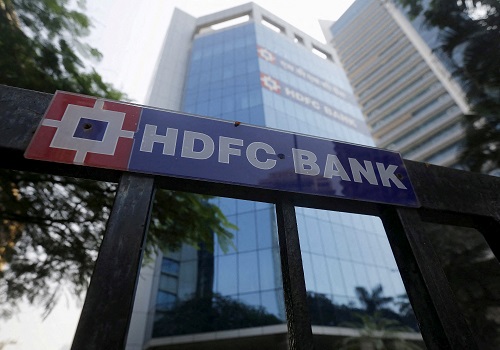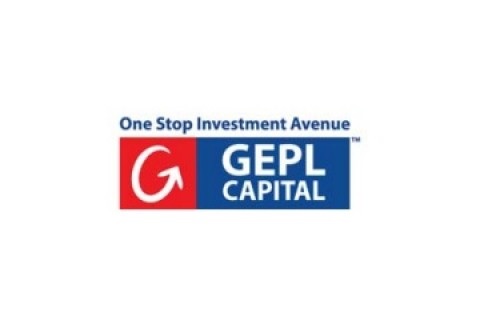Benchmarks extend gains to second straight session on Thursday
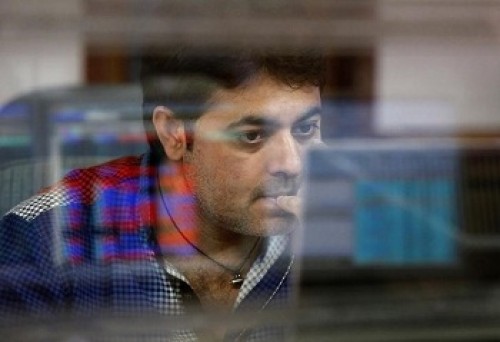
Follow us Now on Telegram ! Get daily 10 - 12 important updates on Business, Finance and Investment. Join our Telegram Channel
Key benchmark indices extended previous session’s rally to close at day's high and up over a percent on Thursday, backed by strong buying interest across sectors despite largely negative cues from global peers amid fears about the new Omicron variant. The broader markets also closed higher. After a flat start, key gauges picked up pace, as sentiments got a boost with data showing that India's merchandise exports in November rose by 26.49 per cent to $29.88 billion on account of healthy growth in sectors such as engineering, petroleum, chemicals and marine products. Sentiments remained up-beat with Union Minister for Electronics and Information Technology Ashwini Vaishnaw’s statement that the government is keen to make India a $250 billion electronic manufacturing hub in the next five years. He also expressed happiness over the electronics manufacturing industry assuring $300 billion revenue by 2025-26.
Markets continued to trade with strength in second half of the session, as traders remain energized as the PHD Chamber of Commerce and Industry (PHDCCI) has suggested the rationalisation of direct and indirect tax rates, with an aim to boost consumption in the economy and enhance the tax base. PHDCCI President Pradeep Multani said refuelling of consumption demand should be the theme of the Budget to have a multiplier effect on production possibilities, private investments and employment creation in the country. Market participants overlooked the Reserve Bank of India (RBI) stating the combined debt-to-GDP ratio of states is expected to remain at 31 per cent by end-March 2022 which is worryingly higher than the target of 20 per cent to be achieved by 2022-23. Traders also took a note of Moody’s Investors Service’s statement that the economic impact of the Omicron variant of COVID-19 on emerging economies will depend on a mix of government restrictions, public comfort with social interactions, and capacity of governments and central banks to provide additional policy support to the private sector.
On the global front, Asian markets ended mostly higher on Thursday even as the Organization for Economic Cooperation and Development (OECD) downgraded its forecast of global economic growth for 2021 and warned that inflation could be higher and last longer than originally anticipated amid the disruption of global supply chains. European markets were trading lower with fears around the Omicron coronavirus variant and warnings about inflation from major central banks weighing on sentiment. Back home, on the sectoral front, power stocks were in focus as power ministry data showed that India’s power consumption grew by 3.6 per cent in November to 100.42 billion units (BU), showing consistent recovery for the second month in a row. Banking stocks too were in limelight as Banks' slippages have declined quarter-over-quarter (QoQ). Total slippages were at Rs 79,951 crore in the Q2 of FY22, as compared to Rs 98,536 crore in the first quarter.
Finally, the BSE Sensex rose 776.50 points or 1.35% to 58,461.29 and the CNX Nifty was up by 234.75 points or 1.37% to 17,401.65.
The BSE Sensex touched high and low of 58,513.93 and 57,680.41, respectively and there were 28 stocks advancing against 2 stocks declining on the index.
The broader indices ended in green; the BSE Mid cap index rose 1.01%, while Small cap index was up by 1.12%.
The top gaining sectoral indices on the BSE were Utilities up by 2.21%, Power up by 2.11%, IT up by 1.88%, TECK up by 1.85% and Oil & Gas up by 1.74%, while there were no losing sectoral indices on the BSE.
The top gainers on the Sensex were HDFC up by 3.92%, Power Grid Corporation up by 3.65%, Sun Pharma up by 3.11%, Tata Steel up by 2.80% and Tech Mahindra up by 2.60%. On the flip side, ICICI Bank down by 0.78% and Axis Bank down by 0.55% and UltraTech Cement down by 0.03% were the top losers.
Meanwhile, with an aim to boost consumption in the economy and enhance the tax base, industry body -- the PHD Chamber of Commerce and Industry (PHDCCI) has suggested the rationalisation of direct and indirect tax rates. PHDCCI President Pradeep Multani said refuelling of consumption demand should be the theme of the Budget to have a multiplier effect on production possibilities, private investments and employment creation in the country.
He added that there is also a need to address the high commodity prices and shortages of raw material to support the consumption and private investments. He said basic customs duty should be reduced on raw materials where there is a 100 per cent or more jump in the prices from April 2020. To give a great momentum to exports, he suggested that export income should be made tax-free for MSMEs for three years and income of large enterprises from incremental exports (y-o-y) be made tax-free.
Multani said ‘Lowering the tax rates will increase the tax base and tax-to-GDP ratio. We suggest capping the personal income tax rates flat at 15 per cent with no exemptions. This will enhance the personal disposable income of the individuals’. He also said ‘The rationalisation of the tax slabs will create tremendous demand in the economy, subside the inflationary pressures and enhance the sentiments of producers for production and create employment opportunities for the growing workforce in the country’.
The CNX Nifty traded in a range of 17,420.35 and 17,149.30 and there were 47 stocks advancing against 3 stocks declining on the index.
The top gainers on Nifty were Adani Ports up by 4.53%, Power Grid up by 3.76%, HDFC up by 3.75%, Sun Pharma up by 3.33% and Grasim Industries up by 3.19%. On the flip side, Cipla down by 0.79%, ICICI Bank down by 0.58% and Axis Bank down by 0.46% were the top losers.
European markets were trading lower; UK’s FTSE 100 decreased 39.88 points or 0.56% to 7,128.80, France’s CAC decreased 44.32 points or 0.64% to 6,837.55 and Germany’s DAX decreased 158.90 points or 1.03% to 15,313.77.
Asian markets ended mostly higher on Thursday due to some better-than-expected readings on the world’s largest economy. US Payroll processor ADP reported that private sector employment shot up by 534,000 jobs in November after surging by a revised 570,000 jobs in October. That was slightly above forecasts for a rise in employment of 525,000. While, the ISM’s Manufacturing PMI measure of activity in the US manufacturing sector increased to a reading of 61.1% in November in line with expectations, from 60.8% in October, indicating expansion at a faster rate. Investors were shrugging off Federal Reserve Chair’s hawkish comments on inflation and news that the first United States case of the Omicron variant of the coronavirus had been found in California. However, Japanese shares ended lower on concerns over the impact of the new Omicron corona-virus variant on the global economic recovery. Chinese shares ended unchanged after reports that the country is planning to block companies from going public on foreign stock markets through variable interest entities, but the China Securities Regulatory Commission rejected this report. While, Chinese real estate shares advanced amid signs that Beijing is easing liquidity strains on the cash-strapped property sector.
Above views are of the author and not of the website kindly read disclaimer
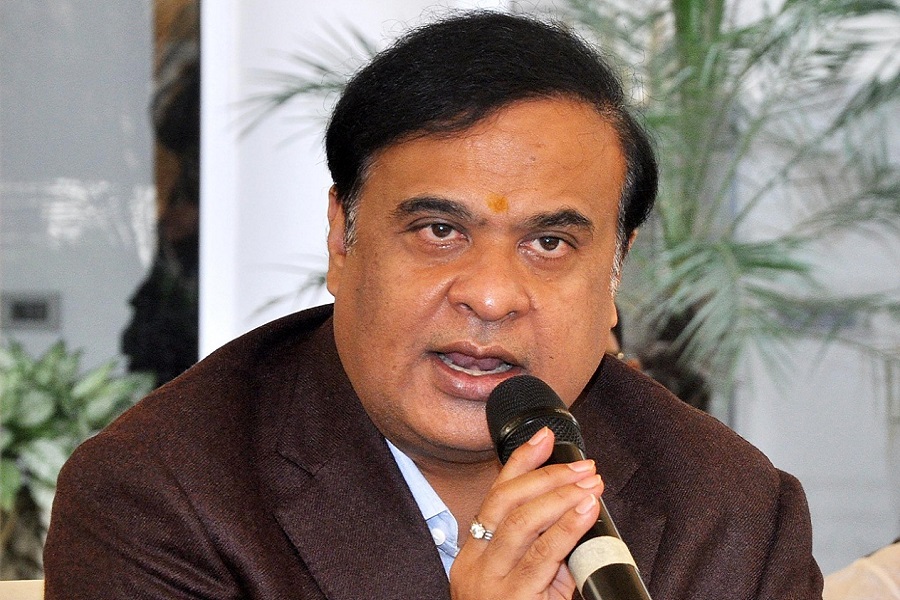






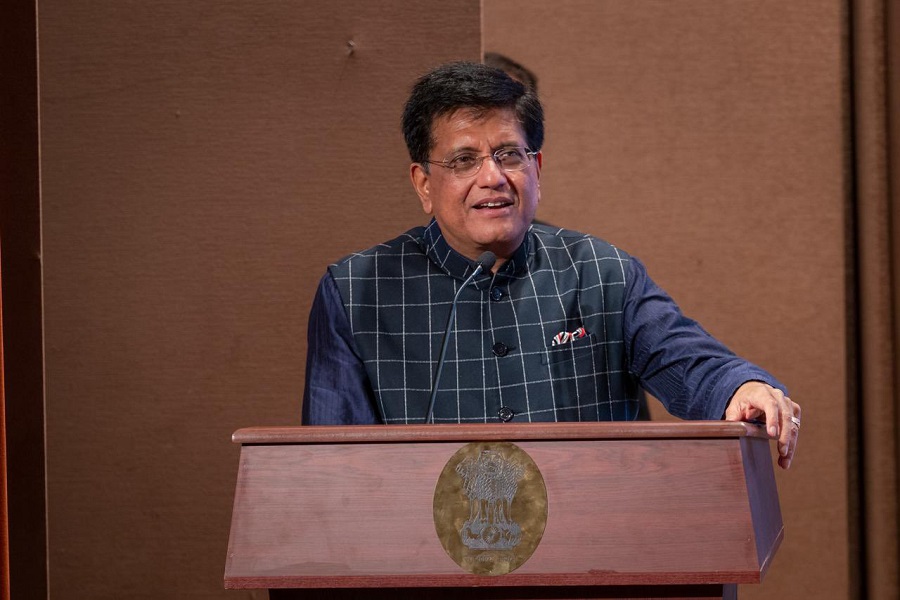
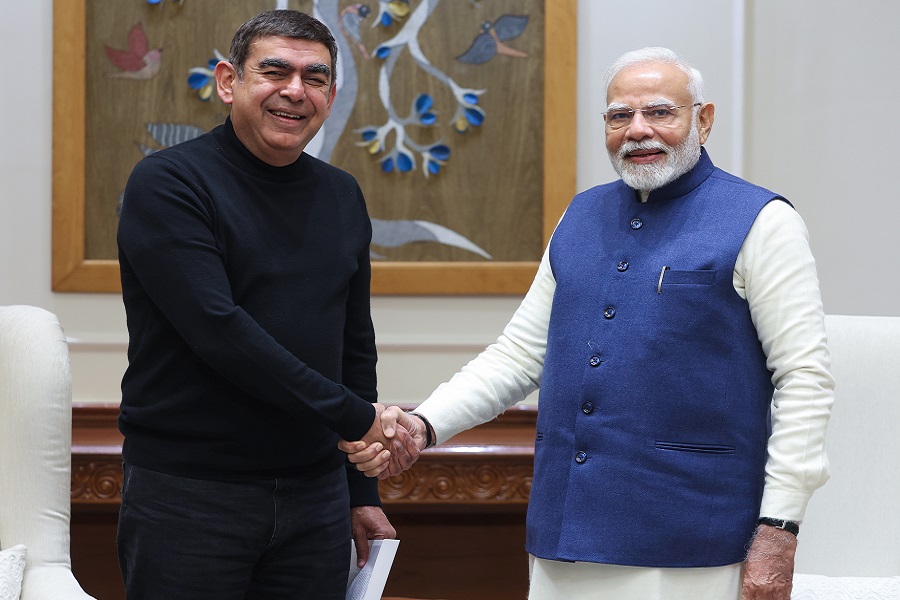

Tag News

Weekly Market Analysis : Markets strengthened recovery and gained nearly 2% in the passing w...










